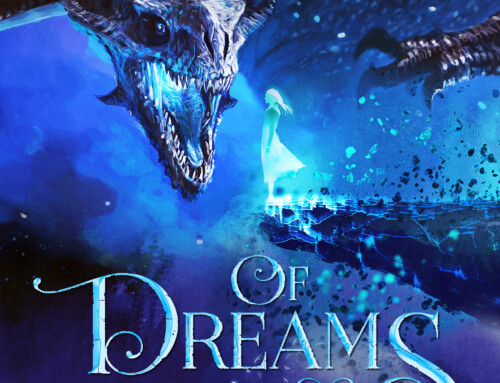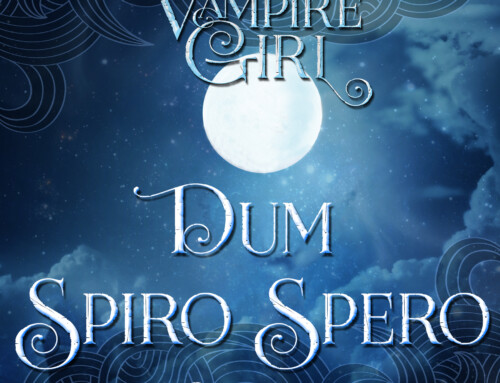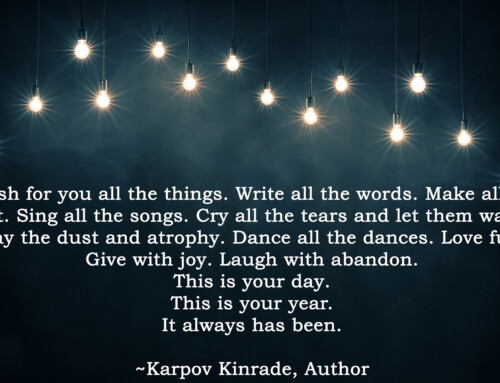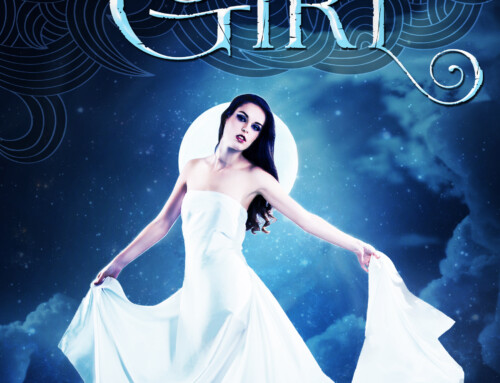Today I’d like to welcome Ryan Rivera to my blog to talk about books and how to choose a book when you suffer from anxiety.
How to Choose a Book When You Have Anxiety
by Ryan Rivera
 If you’re an avid reader – and you should be since reading is both FUN and demental – then you likely look for books that match what you believe your ideal book is. Whether it’s a Booker Prize winner, and erotic sci-fi novel, or a true story of a talking purple flamingo, you base your decisions on the books you’ve read in the past, your ideal “great book,” and recommendations from others.
If you’re an avid reader – and you should be since reading is both FUN and demental – then you likely look for books that match what you believe your ideal book is. Whether it’s a Booker Prize winner, and erotic sci-fi novel, or a true story of a talking purple flamingo, you base your decisions on the books you’ve read in the past, your ideal “great book,” and recommendations from others.
For better or worse, when you have anxiety, you may need to veer away from the books you’ve traditionally enjoyed. At the very least, you may need to pay more attention to how you choose your novels in order to ensure that you’re not fueling your anxiety.
Healthy and Unhealthy Distractions
Mental distractions play an important role in dealing with stress and anxiety. When you have these conditions, your brain is your enemy. As much as you may feel you want to be alone with your own thoughts, there are rarely any thoughts you’d have with anxiety that will help you cure it. Experts and talking parrots that live in the homes of experts know that finding emotionally healthy ways to distract your mind can actually help you cope, because it allows you to overcome stress without “overthinking.”
Reading represents a healthy distraction. But it’s only a healthy distraction if you read the right types of books. Unfortunately, just because it’s a mental exercise does not immediately mean that it is going to provide you with what you need to assist in your stress reduction. Ideally, consider the following guidelines for choosing a book when you live with anxiety:
- Happy Endings – This is priority number one. Many, many books these days have unhappy endings. Tragedies are a part of not only Japanese literature and Shakespeare, but also the average novel that you read on a daily basis. You need a happy ending though, because to combat anxiety you need to feel upbeat and uplifting when you finish the book. These emotions are important for finding happiness in yourself.
- Anxiety/Thriller/Horror/Violence – You should also pay attention to what emotions you feel when you read. Anxiety is a cumulative condition, with fear and anxiety sharing the same emotional reaction. Those that experience more stress in any area of their life are more likely to experience stress and anxiety in another. Even with a happy ending, if some part of the story causes you significant stress or anxiety (since remember, you’re not going to finish it all in one day), you’re potentially setting yourself up for an increase in anxiety symptoms.
- Optional Humor/Excitement – That said, excitement is still to your advantage. If your “anxiety” from reading is more excitement over the hero or heroine’s journey, that’s excellent. That’s a healthy type of energy, much like hiking up a tough mountain or skydiving. Humor is also extremely powerful, so if there is humor in your book that is even better.
- Mental Use – The book should also be challenging to your mind in some way. That doesn’t mean it needs to be a difficult book to read and understand or be filled with imagery. It just means that you need to be thinking – whether it’s vividly imagining the amazing journey of the hero or pondering some incredibly interesting questions the book brings up in your mind, mental considerations are very important.
Ideally, you need to read books whose emotions you’ll feel both while you read and after it’s over represent the way you want to feel. Books that cause you to feel sad, scared, disappointed, or discouraged are going to frustrate your anxiety further, and possibly make it harder for you to find that stress coping tool you need. Upbeat books with great endings that are exciting but not frightening, on the other hand, are a great tool for finding some mental anxiety relief.
About the Author: Ryan Rivera is an avid reader and terrible writer that contributes to a website with tips to overcome anxiety at www.calmclinic.com.






Thank you very much for this. It’s a good reminder for those of us that use books as an escape from everyday life.